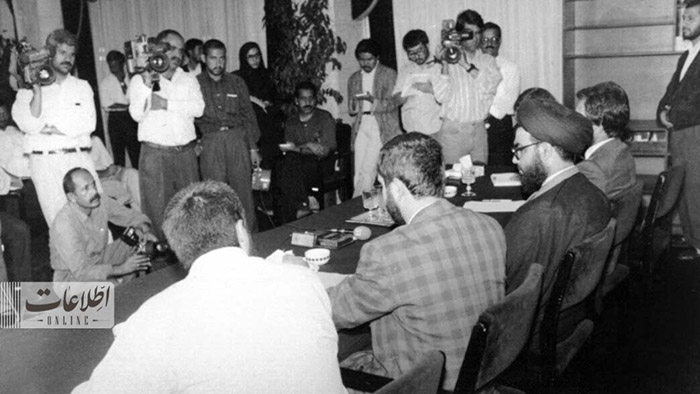Nasrallah became the leader of Hezbollah after the Israelis assassinated the previous leader, Musawi, in 1992. During Nasrallah’s leadership, Hezbollah acquired rockets with a longer range, which allowed them to strike at northern Israel despite the Israeli occupation of southern Lebanon. In 1993, Israel carried out Operation Accountability which resulted in the destruction of much of Lebanon’s infrastructure, and Israel claimed the operation was successful. An agreement was eventually reached whereby Israel ended its attacks in Lebanon and Hezbollah agreed to stop attacks on northern Israel.
After a short pause, hostilities resumed. In 1996 Israel launched Operation Grapes of Wrath, blocking important Lebanese harbour cities and bombing a Syrian military base. After 16 days of Israeli attacks in Lebanon, the Israeli–Lebanese Ceasefire Understanding was agreed upon. Again, Hezbollah agreed to stop rocket attacks in exchange for Israel halting its attacks. As in 1993, the peace did not last for long.
In September 1997, Nasrallah’s public image changed dramatically with his speech about the news of his eldest son’s killing by Israeli forces, along with his visits to other mourning families. Nasrallah’s reaction became a media event that “served to bring Lebanese nationals together as a collective” and cast Nasrallah “as an extraordinarily selfless leader and an organic leader with deep roots in popular culture.”

